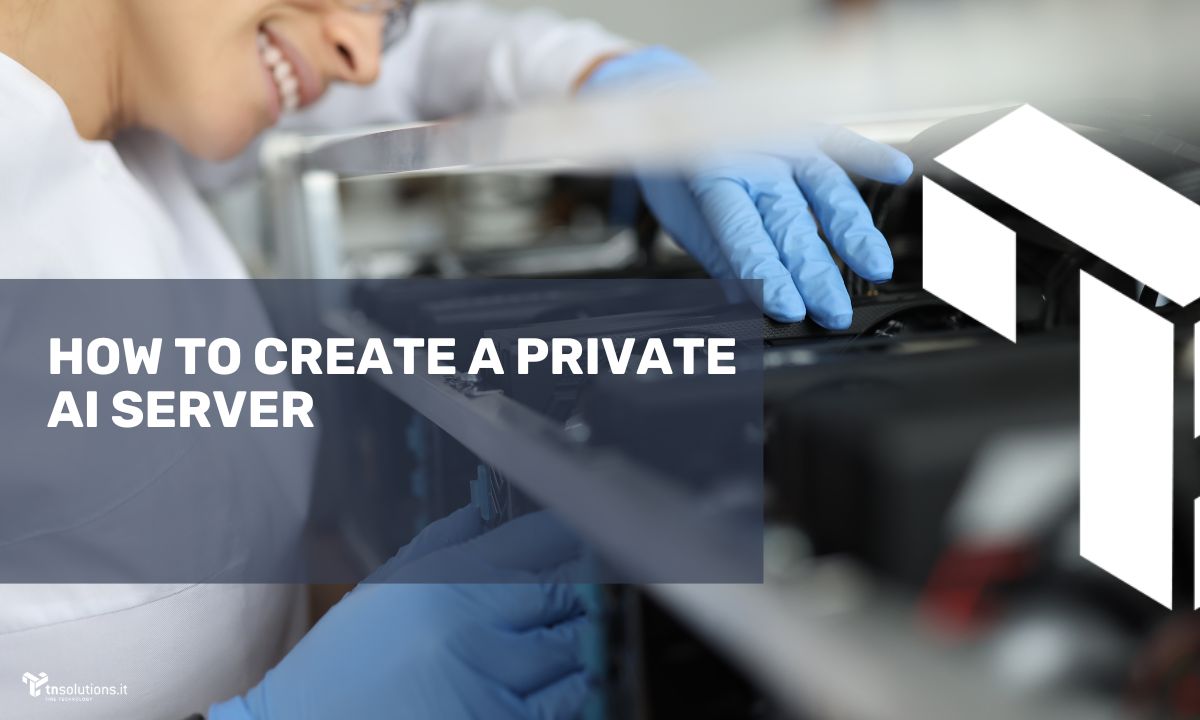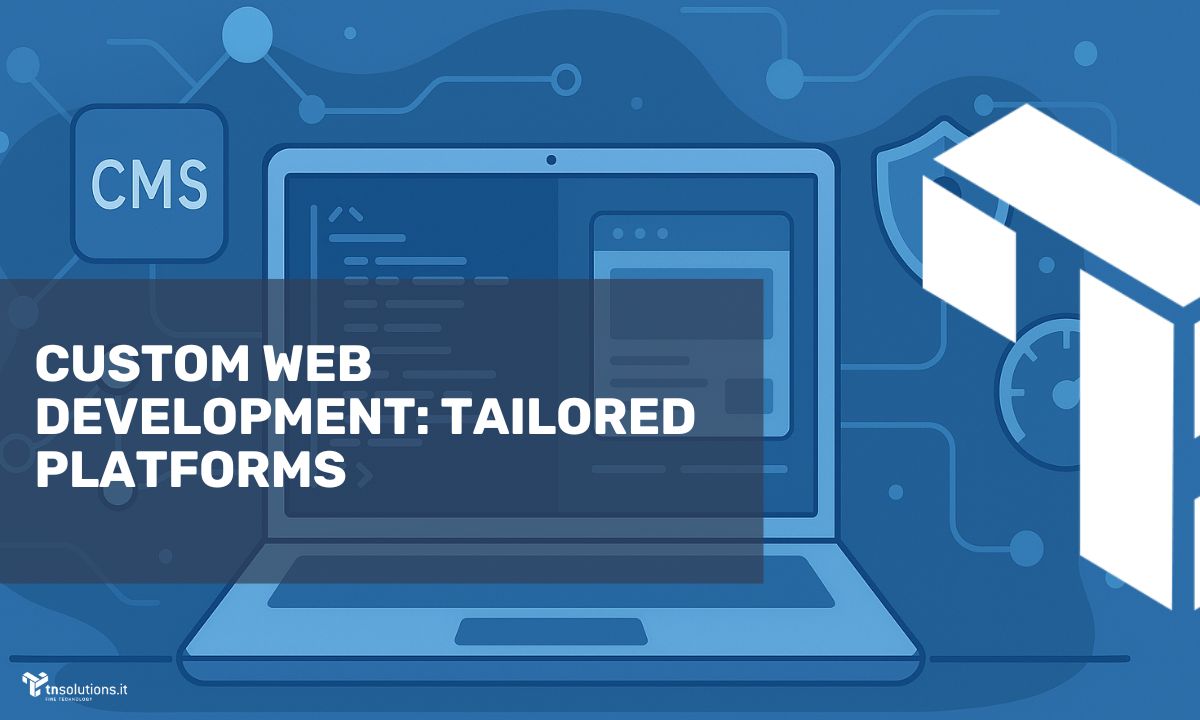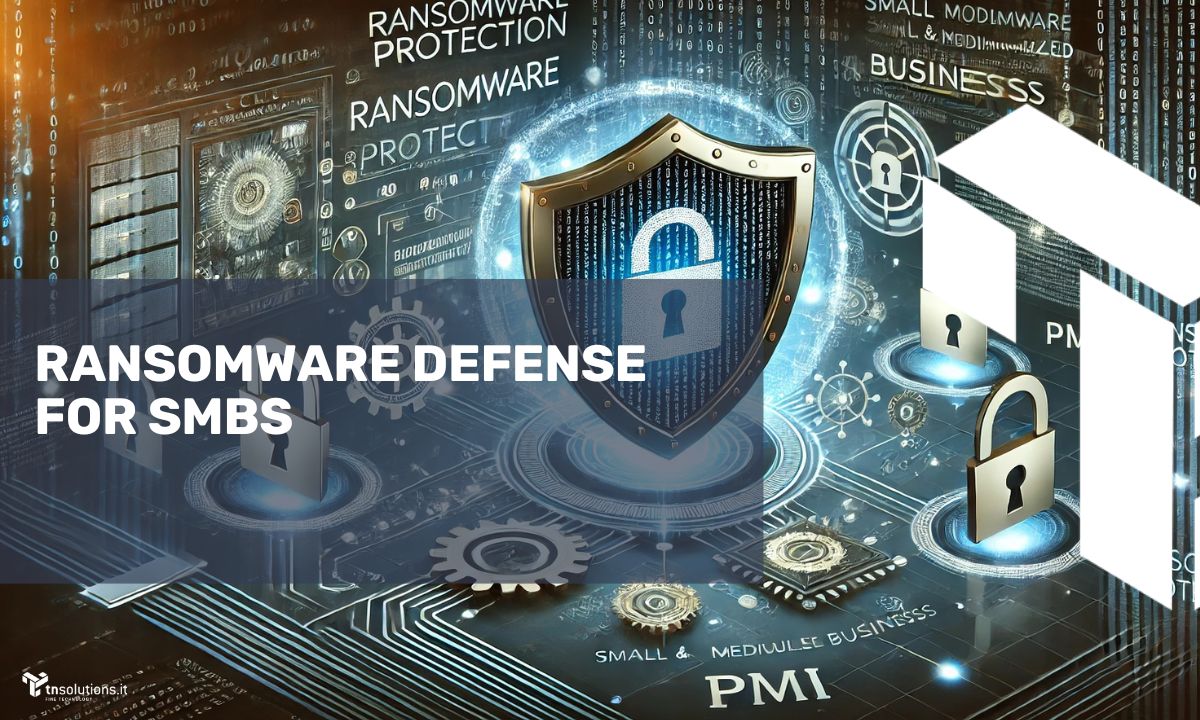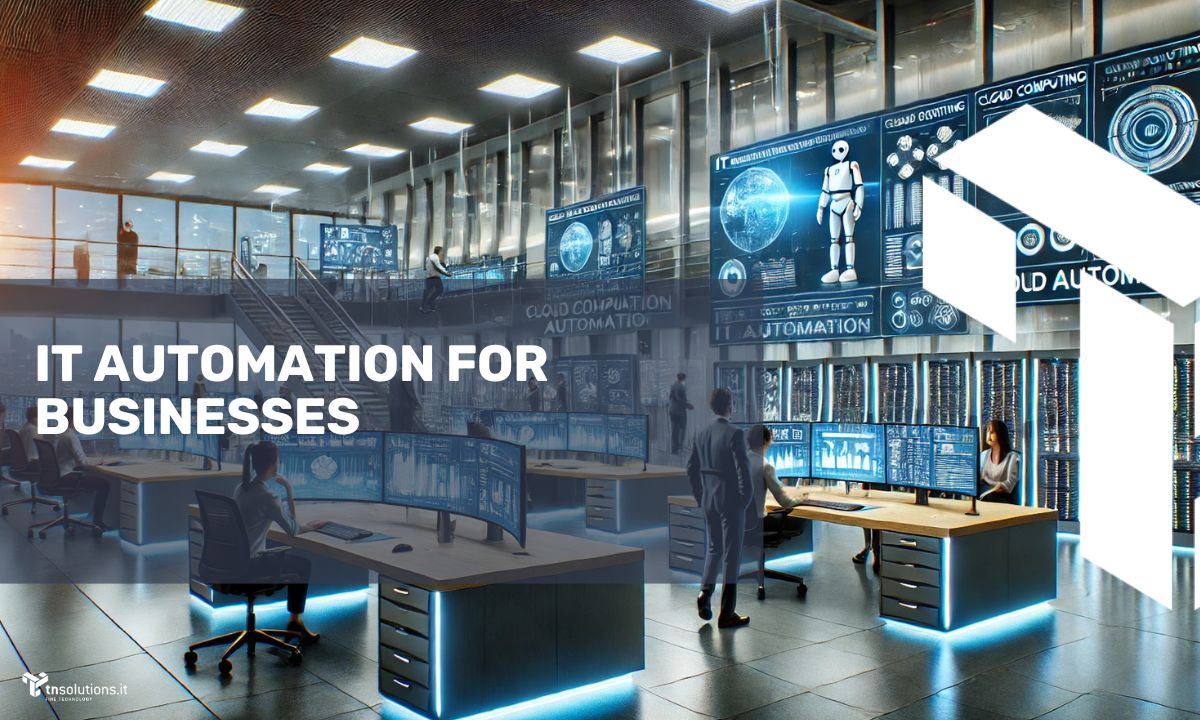
Introduction
The advent of Artificial Intelligence (AI) has revolutionized the way businesses manage data and make decisions. However, setting up an AI server can be a complex undertaking.
This article provides a comprehensive guide to creating a private AI server tailored to your needs.
Hardware Selection
Choosing the right hardware is critical for building an efficient and secure AI server. Key components to consider include:
- CPU: Opt for processors like Intel Xeon or AMD EPYC, capable of handling extensive data processing and parallel computations.
- RAM: A minimum of 64 GB is recommended to manage data-heavy AI applications effectively.
- Storage: Secure and high-speed storage options like traditional HDDs, SSDs, or M.2 solid-state drives are essential.
- GPU: For machine learning algorithms requiring parallel processing, consider NVIDIA Tesla or AMD Radeon Instinct GPUs.
Operating System Options
Select the operating system based on your project’s requirements:
- Linux: Open-source flexibility, ideal for customization and scalability.
- Windows Server: Seamless integration with Microsoft applications for enterprise solutions.
Security and Privacy
Ensuring data security and privacy is vital. Follow these best practices:
- Private Intelligence: Implement anonymization techniques to secure data management.
- Data Ownership: Protect sensitive data from unauthorized access and ensure compliance with data protection regulations.
Custom Learning Models
Customized learning models are essential for an efficient AI server. They should be adaptable to specific project needs for optimal performance:
- Machine Learning: Utilize advanced technologies to develop tailored models.
- Personalization: Focus on fine-tuning models for accuracy and efficiency.
Why OLlama is Ideal for AI Development
OLlama provides a robust development environment with key features:
- Custom Development Environment: Tailored tools and libraries for AI and ML projects.
- Library Support: Compatibility with popular libraries like TensorFlow, PyTorch, and Keras.
- Framework Integration: Seamless integration with web frameworks like Flask and Django.
- Architecture Support: Enables the development of CNNs, RNNs, and more.
Conclusion
Building an AI server requires an in-depth understanding of project requirements and available technologies. Key considerations include hardware selection, operating systems, and robust security measures.
We hope this guide helps you create a private, secure, and efficient AI server to drive your innovations forward.




